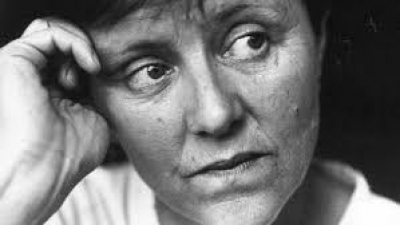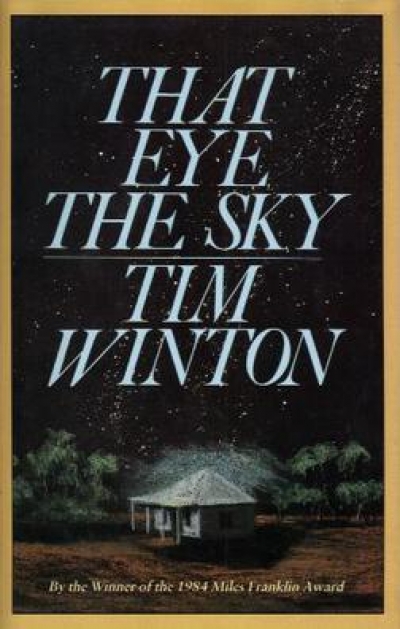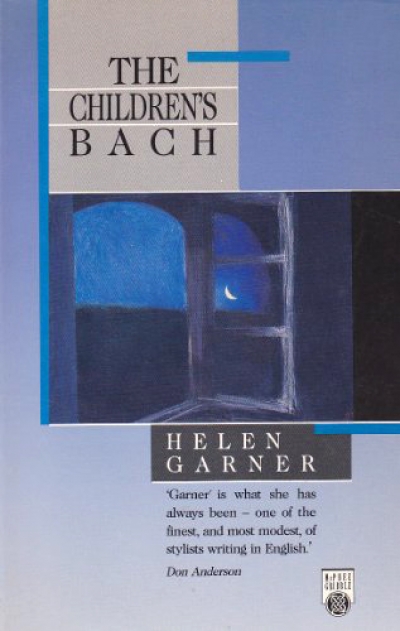Helen Garner
Sign up to From the Archive and receive a new review to your inbox every Monday. Always free to read.
Recent:
 Helen Garner (born 1942) is an Australian novelist, short-story writer, screenwriter and journalist. Garner’s first novel, Monkey Grip, published in 1977, immediately established her as an original voice on the Australian literary scene – it is now widely considered a classic. She has a reputation for incorporating and adapting her personal experiences in her fiction, something that has brought her widespread attention, particularly with her novels, Monkey Grip and The Spare Room (2008).
Helen Garner (born 1942) is an Australian novelist, short-story writer, screenwriter and journalist. Garner’s first novel, Monkey Grip, published in 1977, immediately established her as an original voice on the Australian literary scene – it is now widely considered a classic. She has a reputation for incorporating and adapting her personal experiences in her fiction, something that has brought her widespread attention, particularly with her novels, Monkey Grip and The Spare Room (2008).
Throughout her career, Garner has written both fiction and non-fiction. She attracted controversy with her book The First Stone (1995) about a sexual-harassment scandal in a university college. She has also written for film and theatre, and has consistently won awards for her work, including the Walkley Award for a 1993 Time Magazine report. Adaptations of two of her works have appeared as feature films: her debut novel Monkey Grip and her true-crime book Joe Cinque’s Consolation (2004) – the former released in 1982 and the latter in 2016.
The publishing world and other allied industries, namely the media and literary critics, tend to promote authors on a ‘star’ system. Especially women writers. They allow certain women to become ‘flavour of the month’. Recently, if you remember, it was Beverley Farmer, and then Kate Grenville. For a short period, every newspaper, magazine, or radio program with a literary bent featured them and their fiction. This treatment is reserved for fiction writers. Never is such sustained coverage given to that awesome creature, the ‘woman poet’.
... (read more)Lines Of Flight by Marion Campbell & Postcards from Surfers by Helen Garner
Divorce Dilemma is a book for those contemplating divorce, but it should be compulsory reading for those contemplating marriage! Warwick Hartin brings a wealth of research and practical experience to this clear and searching analysis of divorce and marriage in our society. He courageously examines the sacrosanct institution of marriage, our reasons for marrying, the divorce rate and the effect of divorce on children.
... (read more)





